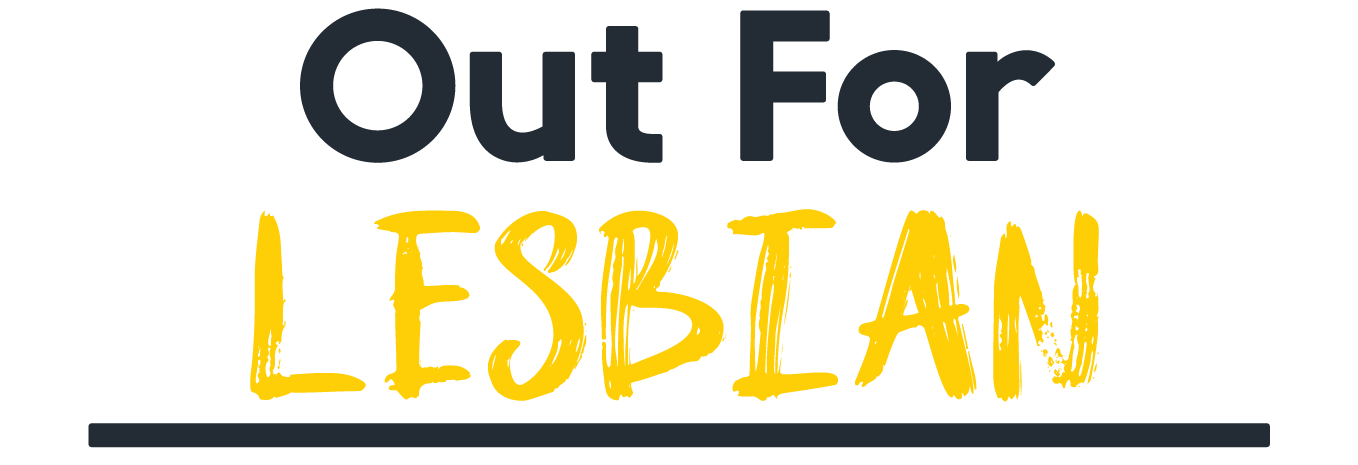National Coming Out Day 2022
National Coming Out Day was first observed on 11 October 1988 on the 1-year anniversary of the National March on Washington for Lesbian and Gay Rights. This day celebrates the members of the queer community who fought for justice, equality, and the right to live their lives authentically.
Over 30 years later, the conversation about coming out is multi-dimensional and nuanced. For some, being out is an established aspect of life, and their involvement in the queer community may be very public and bold. For others, being out is not an established part of life, but rather a more private or internal experience for a number of reasons, including personal preference and safety.
Whatever an individual’s case may be, it is essential to acknowledge and validate the full spectrum of the coming out experience.
We had the chance to hear from Out For Australia volunteers on this topic, and have shared their thoughts below:
What advice would you have for someone who is ready to come out?
“I first would tell them, “WE LOVE YOU!” and encourage them to build a circle of trust, even if it’s a small group to lean on. I can’t stress enough the power of community!”
And for someone who is not ready?
“As someone who’s not out to certain people close to me, the biggest thing has been finding an online community/safe space and ways to express myself, even subtly. If you’re in the same boat you’re not alone!”
“Everybody’s journey is unique - it’s crucial we respect where people are at.”
What are some ways coming out can look like?
“When I was 17, I began lobbying for gay rights nationwide. I utilised my high school guidance counselor’s office as a phone banking center and contacted over 50 lawmakers and organisations in seven different states. I was determined to use each day to make a positive difference!”
“For me, it hasn’t been as simple as a one-time reveal. Many don’t know what the aromantic spectrum is, so I often have to remind or re-educate people. It’s discouraging, but I push forward.”
What are some good ways to respond to someone who has just come out to you? What are some good things to keep in mind?
“It’s good to match their energy. If they’re nervous, acting casually in response can be seen as dismissive. If they’re acting casual, making a big deal out of it can make them self-conscious. It’s tricky, but be attentive.”
Do you have any other thoughts you’d like to share about National Coming Out Day?
“I came to terms with my sexual orientation at 14 because I didn’t want to be like Jim McGreevey, the former Governor of New Jersey who came out at 47. I remember watching his “coming out” unfold on national television and watching him get vilified by the media... I repeatedly told myself, “I want to live a more authentic life.”
“Today will be hard for some of us and that’s valid. These complex feelings exist because we want (and deserve) the best for ourselves.”
Our Main Takeaways:
Everyone’s experience and relationship with coming out is unique, valid, and deserving of compassion and empathy.
Sometimes coming out isn’t the best or right move, and honoring that can be both important and a challenge.
You are not alone! There is a community ready to welcome as you are, out or otherwise.
Amidst coming out celebrations and pride events, it’s also important to acknowledge the barriers to coming out, fears of discrimination, bullying, or judgement, and other major factors. Equally important is the reminder that however and whenever a person expresses their queer identity, there is absolutely a place for them in the community, and we love and welcome them unconditionally.
Resources
The Trevor Project Coming Out Handbook
Explore what coming out means to you with tools and guided questions.
QLife provides anonymous and free LGBTI peer support and referral for people in Australia wanting to talk about sexuality, identity, gender, bodies, feelings or relationships.
Sydney-based service working across New South Wales, providing a broad range of specialised services for young people 12-25 including housing, mental health, counselling and social support.
For adults we provide social support and for people of all ages we offer telephone support and webchat as the NSW provider for the national QLife project. We also offer inclusivity training and consulting for organisations and service providers across most sectors.
Smarter in Seconds: Coming Out Later in Life
Blair Imani Ali, a black, queer, Muslim educator and creator of microlearning series Smarter in Seconds created this episode for coming out later in life, featuring older folks from the queer community.

